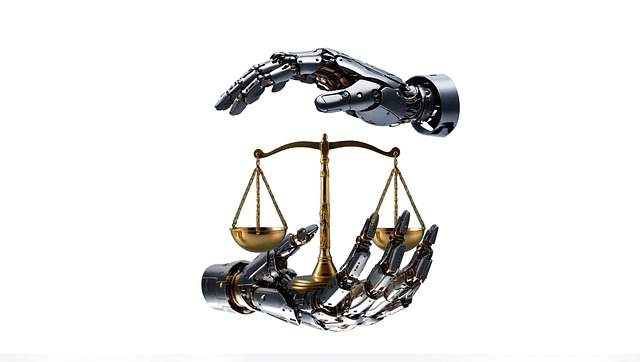Client data security in the legal sector is paramount for trust and integrity, relying on encryption software and secure storage solutions like encrypted cloud services and strict access controls. Law offices need robust mechanisms like biometric authentication and granular user permissions to handle sensitive data responsibly with law office equipment, maintaining professional integrity and legal ethics.
In today’s digital age, handling confidential client data requires robust security measures. For law offices managing sensitive information, investing in the right tools is essential for maintaining client trust and ensuring regulatory compliance. This article explores two critical components of data security: securing data through encryption software and secure storage, as well as implementing access control with biometric authentication and user permissions. By adopting these must-have law office equipment, practices can safeguard client privacy and protect their reputation.
- Securing Data: Encryption Software & Secure Storage
- Access Control: Biometric Authentication & User Permissions
Securing Data: Encryption Software & Secure Storage
In the legal sector, securing client data is paramount to maintaining trust and upholding professional standards. Law offices require robust tools to safeguard sensitive information from unauthorized access or breaches. Encryption software stands as a cornerstone in this mission, transforming readable data into unintelligible code, ensuring only authorized users with decryption keys can access it. This adds an extra layer of protection during data transmission and storage.
Secure storage solutions complement encryption by providing physical and digital safeguards. Encrypted cloud storage services offer remote accessibility while maintaining data integrity. Alternatively, secure servers and local storage devices with robust access controls ensure that even if physically accessed, confidential client data remains untampered and protected. These law office equipment investments are essential for any practice aiming to handle client information responsibly and ethically.
Access Control: Biometric Authentication & User Permissions
In today’s digital age, law offices handle vast amounts of sensitive and confidential client data. This makes robust access control mechanisms a non-negotiable must-have in their arsenal of law office equipment. Biometric authentication has emerged as a game-changer in this domain. By leveraging unique biological identifiers like fingerprints or facial recognition, it ensures only authorized personnel can gain access to critical information.
Furthermore, user permissions play a pivotal role in maintaining data security. Law firms should implement granular permission settings that dictate what data specific users can view and edit. This not only safeguards client privacy but also minimizes the risk of unauthorized modifications or accidental data breaches. Such meticulous control over access to confidential client data is vital for upholding professional integrity and legal ethics.
When it comes to handling confidential client data in a law office, investing in robust security tools is non-negotiable. Encryption software and secure storage solutions are essential for safeguarding sensitive information, while biometric authentication and user permissions ensure that access is restricted to authorized personnel only. By integrating these must-have law office equipment, legal professionals can maintain the highest level of data protection, fostering trust with their clients and ensuring compliance with privacy regulations.
